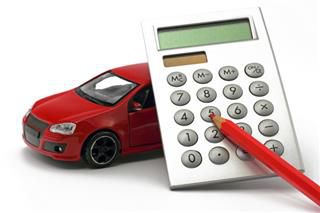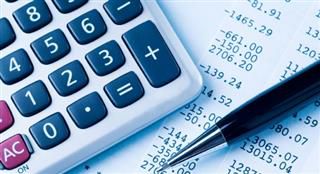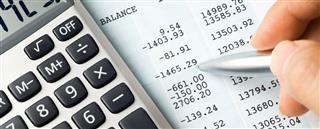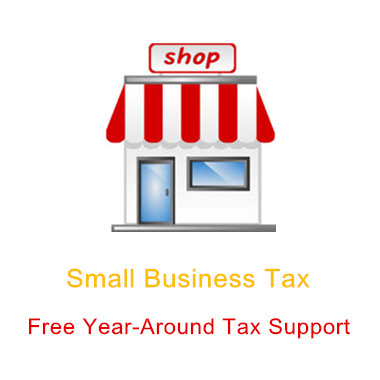
If you are self-employed and you use your personal vehicle to earn business income, you can claim your vehicle expenses in your income tax return. You can only claim the business portion of vehicle expenses. The personal portion of vehicle expense is not deductible. To claim your vehicle expenses correctly, please follow the following steps.
Keeping records
You can claim your motor vehicle expenses only when they are reasonable and you have receipts to support them. You should keep a record of the total kilometers you drive and the kilometers you drive to earn business income.
For each business trip, list the date, destination, purpose, and number of kilometers you drive. Record the odometer reading of each vehicle at the start and end of the fiscal period.
If you change motor vehicles during the fiscal period, record the dates of the changes and the odometer readings when you buy, sell, or trade the vehicles.
Claim your vehicle expenses, which include:
- licence and registration fees;
- fuel and oil costs;
- insurance;
- interest on money borrowed to buy a vehicle. When you use a passenger vehicle to earn income, there is a limit on the interest you can deduct. To calculate the amount of interest you can deduct, complete “Chart B – Available interest expense for passenger vehicles” on page 6 of Form T2125.
- maintenance and repairs; and
- leasing costs to lease a vehicle you use to earn income. When you use a passenger vehicle to earn income, there is a limit on the amount of the leasing costs you can deduct. To calculate your eligible leasing costs, complete “Chart C –Eligible leasing costs for passenger vehicles” on page 6 of Form T2125.
Claim capital cost allowance (CCA) on your vehicle
If you use a motor vehicle you own in your business, you might be able to claim CCA as vehicle expense in your self-employed business. To claim CCA on your vehicle, please follow the following steps.
1. What type of vehicle you own.
There are two types of vehicles:
- motor vehicles include pickup truck, van or minivan used to transport goods or equipment.
- passenger vehicles include Coupe, sedan, station wagon, sports car, or luxury car and Van or minivan with 4 to 9 seating.
2. CAA Class of your vehicle.
Motor vehicles belong to Class 10, with a CCA rate 30%. Your passenger vehicles can belong to Class 10 or Class 10.1, which all have a CCA rate 30%. If the cost of your passenger vehicle before HST is more than $30,000, it belongs to Class 10.1. You should list Class 10.1 vehicle separately. The $30,000 amount plus HST is the capital cost limit for a passenger vehicle to claim your vehicle expenses.
3. Calculate CCA as your vehicle expenses
To calculate your tax deduction for CCA, and any recaptured CCA and terminal losses, use Area A on page 5 of your Form T2125.
For example, Mike bought a passenger vehicle with a cost $33,000 plus HST $4,290. Mike has to put this vehicle in Class 10.1 since it cost him more than $30,000. The maximum capital cost he can claim for this vehicle is $33,900 ($30,000 x 1.13).
For the first year, the maximum CCA he can claim is $33,900 x 30% x 0.5=$5,085. (the half-year rule applied). The second year, the maximum CCA he can claim is ($33,900 – $5,085) x 30% =$8,644.5.










